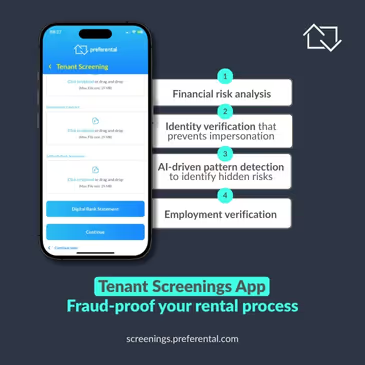Dynamic Pricing: Unlock 30% annual returns in Cape Town STR
- Correct pricing maximises occupancy, nightly rates, and long-term returns
- Revenue management models outperform static pricing with real-time data
- Hiring STR experts protects cash flow and guest experience at scale
Cape Town’s short-term rental opportunity
Cape Town’s short-term rental (STR) market is booming. With average peak occupancy rates topping 70% and thousands of active listings, the city has become one of the world’s Airbnb hotspots.
For investors, that translates into a rare combination of lifestyle and financial upside. But the opportunity also comes with risk: mispricing, mismanagement, or missed maintenance can erode returns fast.
Nick Taylor, Managing Director of Nox Cape Town, a leading STR property management firm with a portfolio exceeding R2.5bn, puts it bluntly:
“Whether you own one villa or a full portfolio, you need a specialist team on the ground. Correct pricing and guest service aren’t optional, they’re the foundation of success.”
The Practice of good pricing
The basics of pricing start with knowing your property: its location, amenities, and target audience. Is your apartment geared for budget-conscious travellers, high-end internationals, or weekend locals? That answer shapes everything, from your rate structure to the services you’ll need to deliver.
Taylor cautions against chasing inflated “dream rates.” “Cape Town’s market is seasonal and event-driven,” he says. “Without adjusting prices dynamically, you lose peak revenue and miss filling low-season gaps. Pricing isn’t about ego. It’s about data, timing, and adaptability.”
Dynamic pricing relies on constant monitoring of comparable listings, demand signals, and competitor activity. Set a base rate, then adjust daily or weekly in response to market shifts.
Too high, and your calendar sits empty. Too low, and you leave money on the table. The sweet spot maximises occupancy and RevPAR (Revenue Per Available Room), which drives long-term cash flow.
Revenue Management in action
Here’s how a professional revenue management model transforms a modest R2.5m Sea Point apartment:
- Purchase price: R2.5m
- Annual gross revenue (2-bed, furnished): R600,000 - R750,000
- Operating costs (utilities, internet, cleaning, insurance): ±R120,000
- Management fees (20%–25%): ±R150,000 - R187,500
- Net before bond: ±R330,000 - R442,500
- Bond at 80% financing (Prime 11.75%): ±R256,000 repayments
- Net after bond: ±R74,000 - R186,500
Rule of thumb: STR is viable when annual revenue equals 20 - 30% of property value. Done right, that means returns of 30% or more a year.
Why hiring experts pays off
STR management isn’t just about pricing, it’s about people. Demanding guests expect seamless service, quick fixes, and premium experiences. That requires professional teams who can manage 24/7 check-ins, housekeeping, maintenance, and crisis resolution while constantly adjusting rates to market realities.
“Correct pricing maximises returns, but it’s the service that sustains them,” Taylor explains. “At Nox, we see pricing and guest care as two sides of the same coin.”
For investors, that means peace of mind and the kind of returns only achievable through professional, data-driven management.













.avif)


.avif)

.avif)




.svg)





























.avif)
